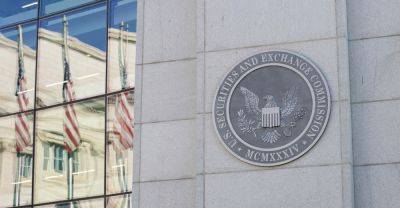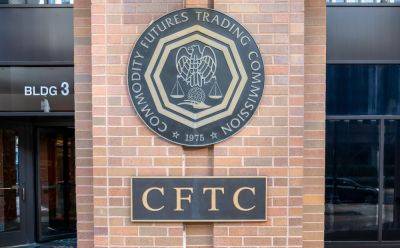AI race drives down stock market valuations of education firms
The artificial intelligence race is already producing losers. On Tuesday, education companies trading on the London and New York stock exchanges saw hundreds of millions wiped from their valuations after Chegg, a US firm that provides online help to students for writing and maths work, said ChatGPT was affecting customer growth.
The firm said it had seen a “significant spike” in students using the technology, and withdrew its profits guidance for the rest of the year, warning revenues had already been hit. It shares almost halved in value. The ripples were felt in London, where education giant Pearson’s stock closed down 15%.
ChatGPT has become a phenomenon since its launch in November thanks to its ability to generate a range of plausible-sounding responses – including in the form of academic essays – to text prompts. It reached 100 million users within two months. Now it is starting to have an impact on businesses.
Fears about the unexpected consequences of unchecked AI development led to the publication in March of a letter – whose signatories included Elon Musk and Steve Wozniak, the co-founder of Apple – calling for a moratorium on the creation of giant “AIs” for at least six months. It alluded to economic impacts, asking if we should “automate away all the jobs, including the fulfilling ones”.
While governments and the private businesses behind generative AI are being implored to act, change is already happening.
The tech industry has been taken by surprise by the embrace of ChatGPT and other generative AI tools, said Dr Andrew Rogoyski of the Institute for People-Centred AI at the University of Surrey.
“In the long run I think humans will adapt but in the short term we are talking about businesses having to adapt in a
Read more on theguardian.com














